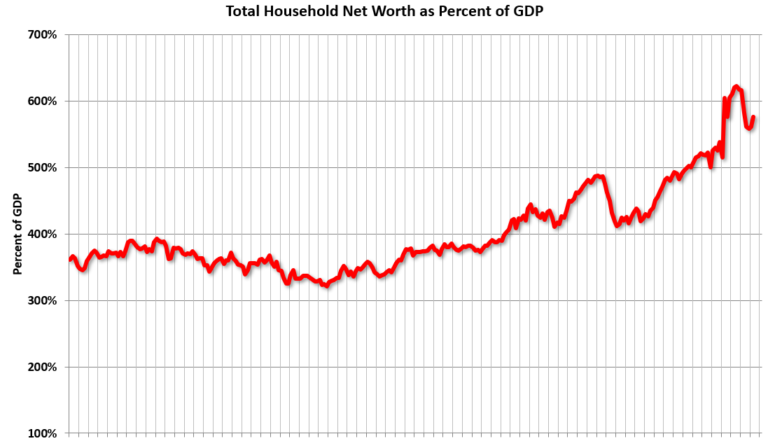Why Managing Your Energy is the Key to Preventing Burnout
The Hidden Enemy: Burnout
In today’s fast-paced world, many of us are constantly striving to be more productive and efficient. We meticulously schedule our days and chase after deadlines with relentless determination. But amidst all the hustle and bustle, there is a hidden enemy lurking in the shadows – burnout. Burnout is more than just working too much; it’s a state of emotional, physical, and mental exhaustion that can leave us feeling depleted and incapable of coping. In our always-connected, always-online world, burnout has become an epidemic.
The Impact of an Energy Crisis at Work
An energy crisis at work can have a significant negative impact on our mental performance and productivity. Fatigue, which is a common symptom of burnout, can affect the brain in a similar way to drunk driving. It leads to a decline in memory, balance, concentration, decision-making, and motor skills. In fact, the cost of health-related lost productivity associated with fatigue is estimated to be around $136 billion annually for employers.
The Limitations of Time Management
While time management is considered an essential skill in our productivity-obsessed world, there are limitations to its effectiveness. Time is finite and fixed – there are only 24 hours in a day, no matter how we try to juggle and prioritize. Focusing solely on managing time can lead to constantly feeling under pressure and overwhelmed. Additionally, time management often prioritizes quantity over quality, causing us to rush through tasks and neglect important aspects of our lives. Furthermore, time management techniques assume that everyone works at the same energy level and in the same way, disregarding individual differences and natural productivity patterns.
The Benefits of Energy Management
Instead of trying to squeeze more into our already packed days, a better approach to prevent burnout is energy management. Energy management recognizes that our energy levels fluctuate throughout the day and offers a more holistic approach to personal productivity and well-being. Here are some of the benefits:
- Renewable and adaptable: Unlike time, our energy levels can be replenished and customized. By prioritizing activities that recharge us, such as sleep, exercise, and relaxation, we can work in bursts of productivity and take breaks when needed.
- Prioritizes quality and focus: When we manage our energy effectively, we are more likely to achieve better results and deliver higher-quality work.
- Holistic approach: Energy management takes into account our physical, emotional, mental, and spiritual well-being. Caring for ourselves ensures we have more energy and resilience.
- Recognizes individual differences: We all have different energy rhythms and needs. Energy management allows us to customize our schedules and work styles based on our unique preferences and energy levels.
Building Your Emergency Energy Management Toolkit
To effectively manage your energy and prevent burnout, here are some key practices to incorporate into your daily routine:
- Keep track of your energy levels: Observe when you feel most focused and productive, as well as when you hit a slump. Schedule demanding tasks during your peak energy hours and reserve low energy hours for restorative activities.
- Prioritize based on energy, not urgency: Focus on activities that energize you and align with your values, regardless of deadlines or external pressures.
- Identify energy drainers: Take a close look at your daily routines and identify activities that drain your energy, such as pointless meetings, constant multitasking, or interacting with toxic co-workers. Minimize or eliminate these energy vampires.
- Respect your rhythm: Work with your natural energy instead of fighting against it. Schedule tasks that require concentration during your optimal hours and use low energy times for rest or activities that replenish your energy.
- Nourish your energy reserves: Take care of your physical and emotional well-being by exercising regularly, engaging in activities that bring you joy and meaning, and giving yourself regular breaks throughout the day.
- Schedule ‘micro-recharges’: Take short breaks throughout the day to step away from screens, grab a cup of coffee, or chat with a friend. Add these micro-recharges to your calendar to ensure they happen.
- Mind your emotions: Coping with stress-induced emotions can be draining. Seek support from friends, family, or professionals, and incorporate relaxation therapies like meditation, yoga, or tai chi into your routine.
- Set boundaries and protect your space: Learn to say ‘no’ without feeling guilty and set boundaries with work, technology, and demanding people in your life. Protect your time and energy for the things that truly matter to you.
- Celebrate progress over perfection: Focus on progress rather than aiming for perfection. Celebrate small wins along the way, and remember that life is messy.
- Listen to your body: Pay attention to signals from your body indicating when you need to rest or recharge. Take breaks and engage in activities that bring you joy and relaxation.
Putting it All Together
While there’s no one-size-fits-all solution to energy management, being aware of your own energy patterns and needs is key. Experiment with different strategies and techniques to find what works best for you. By embracing energy management, you can break free from the burnout cycle and cultivate a fulfilling and productive life.
FAQs
What is the difference between energy management and time management?
Time management focuses on optimizing your schedule and allocation of hours, while energy management aims to replenish and direct your physical, mental, and emotional energy.
Why is energy management more important than time management?
– Your energy levels fluctuate throughout the day, unlike time, which is fixed. Managing your energy allows you to work with your natural rhythms and be more productive when you’re at your best.
– Prioritizing tasks based on energy levels and focusing on quality over quantity can lead to more effective and fulfilling work.
– Energy management emphasizes the importance of rest and recovery, which are essential for avoiding burnout and sustaining consistent performance over time.
What are the benefits of prioritizing energy management?
– Increased productivity and focus
– Reduced stress and burnout
– Improved emotional well-being
– Greater creativity and problem-solving ability
What are some common energy drains to avoid?
– Multitasking
– Spending time with negative people or ruminating on negative thoughts
– Unrealistic expectations
– Excessive use of social media and technology
How can I start practicing energy management?
– Observe your energy levels throughout the day and schedule tasks strategically
– Prioritize rest and recovery through activities like sleep, exercise, and meditation
– Set boundaries and say ‘no’ to energy-draining activities
– Listen to your body’s signals and take breaks when needed







